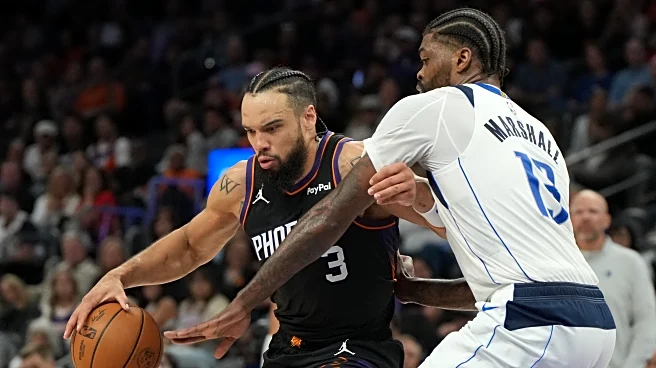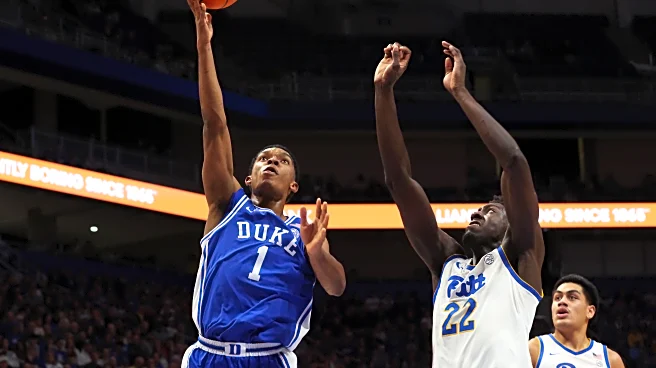
The big news from last night was that the Atlanta Braves apparently let Ronald Acuña Jr. lobby his way back into the lineup after not feeling 100 percent, which then led to an apparent aggravation of his ailment
and now, a stint on the Injured List.
That Acuña lobbied his way into the lineup isn’t surprising. If we’ve learned one thing over the past few years, it’s that the Braves are all about the regulars playing as much as possible. If we’ve learned — or just plain seen enough to surmise — another, it’s that for the most part, the Braves will defer to players’ wants and perceived needs. No starting pitcher will ask to be removed from the game, and the Braves let them go as long as possible. They’ll even let them lobby, in-game, to be left in further (to say nothing of the usual lobbying that happens in the dugout in between frames). Relievers apparently value certainty in role and schedule, so the Braves accommodate this over flexibility to the extent feasible. And, mostly to the point, the players on this team have, by all accounts, a culture of showing up and grinding every day, so the team’s management leans into this by minimizing rest days and de-emphasizing bench swaps in most cases, even delaying Injured List placements where feasible because a regular might feel healthy enough to return before the ten days would have elapsed.
Suffice to say, nothing has gone to plan this season. But, have the limits of a player-deferential approach been tested too far here, such that the contours might change in the future? That’s what I’m thinking about this morning. Even beyond the Acuña debacle, you’ve got considerations like the bullpen approach not paying any dividends when Raisel Iglesias, who had the most-set role of all roles, got victimized by homers and thereby victimized the team, the usual starter-left-in-too-long stuff costing the team wins they couldn’t really afford to throw away earlier this season, and a bunch of inconsistent playing time decisions that end up feeling like whiplash because of how jagged the transitions are — think Marcell Ozuna de facto getting benched after struggling with his hip for a while, but also all the playing time given to Alex Verdugo until he was dumped from the roster.
Of course, just hypothesizing a change to a different player-management relationship and an overall ethos of what it means to play for the Atlanta Braves doesn’t mean much in a vacuum. If the players are already used to the current way of doing things, it’s going to be difficult to just switch it around on a dime to something less player-preference-y, at least not without buy-in. And while the tone around the clubhouse right now is one substantially permeated by guilt, because the players are bummed they didn’t play enough to keep some of their teammates from being shipped off in the next day or two and blame themselves for it, it remains to be seen whether this season has been enough of a message or learning experience for these guys that they’ll welcome a change that is, theoretically, for the greater good.
I guess we’ll see, but what do you think?
More from batterypower.com:
- Rookies and AAA Plate Appearances: Does it Matter for Hitters?
- Braves place 10 on FanGraphs Summer Top 100 Prospects
- Sims survives Coors as bats rock Rox in finale, 10-4
- Atlanta Braves Minor League Recap: Acuna Homers, Wentz Dominates
- Atlanta Braves super early 2018 MLB Draft Preview
- Remember Andrelton Simmons? He’s an MVP candidate in Los Angeles
- Atlanta Braves Minor League Recap: Ronald Acuna homers again because of course he did












